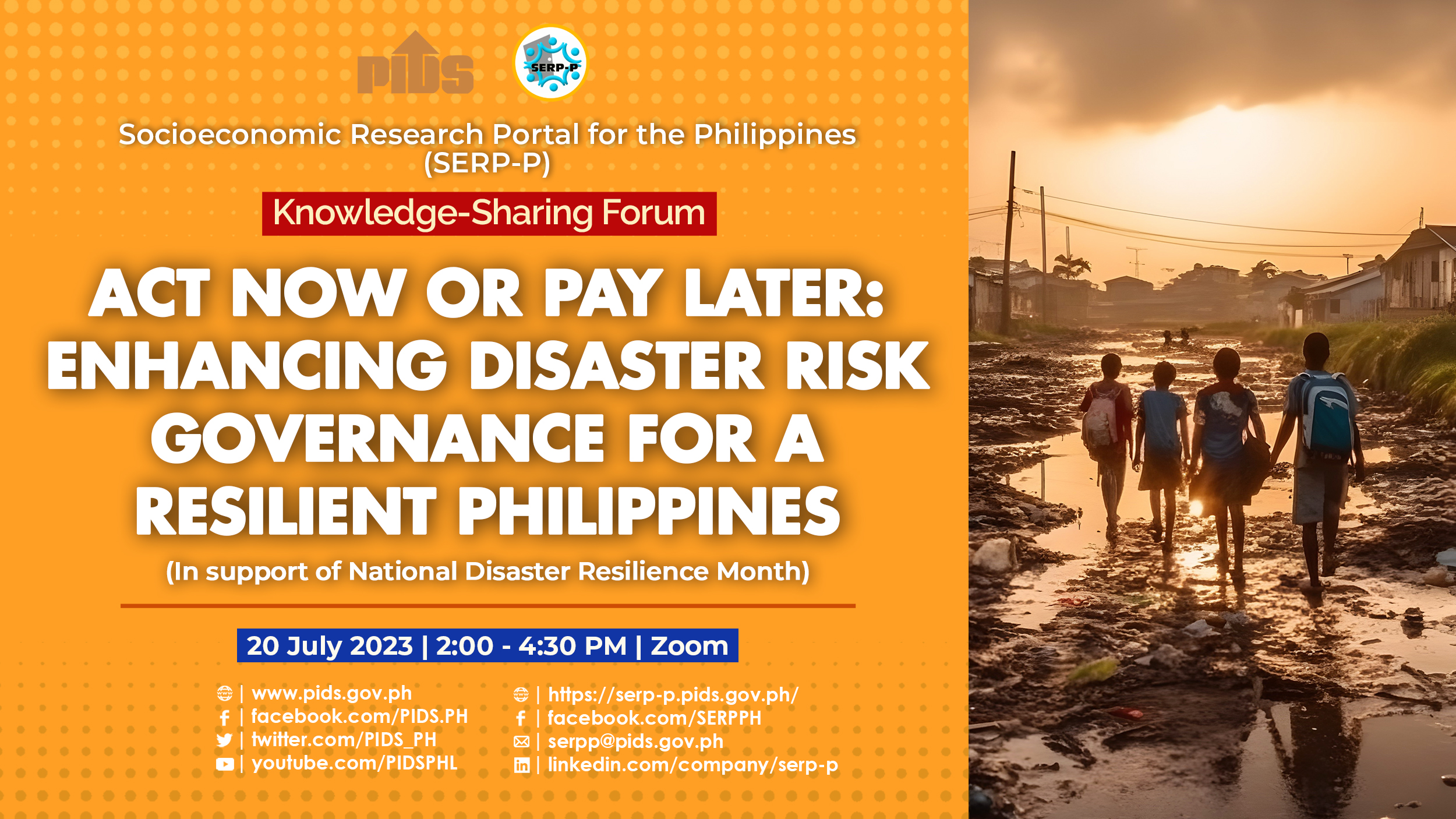MANILA, Philippines – Filipino teachers are being lured to Japan by better pay and benefits as an organization helping them continues to push for a raise in their monthly wages which, coupled with other problems, such as unmanageable class sizes, has resulted in poor student performance in the Philippines.
A World Bank report said more than 90% of Filipino students aged 10 struggle to read and understand simple texts.
In Japan, teachers receive much higher salaries, and healthcare benefits, and can contribute to a welfare pension fund.
Despite the lure of higher wages, some Filipino teachers still want to return to the Philippines after saving enough money, while others want to stay in Japan and pursue other employment opportunities there.
“Nabaon ako sa utang nung teacher ako at hanggang ngayon, binabayaran ko pa rin ang mga ‘yun (When I worked as a teacher in the Philippines, I had accumulated a significant amount of debt which I am still paying off to some of my creditors to this day),” Mari Resurreccion, a Filipino teaching in Japan, told Rappler in an interview in April.
According to the Alliance of Concerned Teachers (ACT), teachers in public or private schools in the Philippines are underpaid. On behalf of teachers in the public school system, the group advocates for an increase from P27,000 to more than P36,000 per month for the Teacher 1 category.
Filipino teachers face problems of unmanageable class sizes which results in time-management challenges, and low wages, resulting in poor student performance.
The 2019 Southeast Asia Primary Learning Metrics showed that among Filipino students, only 10% met the minimum reading standard and only 17% met the minimum mathematical standard.
Meanwhile, the Philippine Institute for Development Studies (PIDS) found that low teacher qualification is a major factor in low-quality education and poor student performance.
ACT said there is a shortage of 147,000 teachers in Philippine public schools. Statistics from the Philippine Overseas Employment Administration (POEA) show that from 2013 to 2017, an average of 1,500 teachers left annually to work abroad.
At the end of 2022, the Immigration Services Agency of Japan recorded 298,740 Filipinos in Japan – the fourth biggest foreign population in the country.
Pushed by circumstances
After passing the Licensure Examination for Teachers in 2010, Resurreccion taught in private Catholic schools for three years before teaching values education in a public school in Zambales.
After her son was born in 2014, she said she and her seaman husband could barely manage to cover daily living expenses, so she took out salary loans.
When she searched for gainful employment overseas, she replied to job ads for English teachers in other Asian countries, but she was most serious about pursuing her applications to Japan because of her positive experience during a short training stint and because it offered the highest salary among her prospects.
She said she left the care of her four-year-old son to her parents in 2019 to become an English language trainer at a hospital in Japan. But she said her plans fell through, so she and her Filipina colleague instead both served as their employer’s housekeepers.
“We didn’t complain because, we thought, at least we were already in Japan. And anyway, they treated us well,” she said.
After three years, she said she missed teaching, so she found an English teaching job at an international school in 2022. Currently, she said, there are 16 kindergarteners in her class.
Resurreccion said she earns almost thrice what she used to receive as a Teacher II in the Philippines, and her husband and son are preparing to join her in the next few years on dependent visas.
While Resurreccion’s motivation for leaving was financial, for RD Aquino, it was the changing political landscape.
In 2018, Aquino was a division chief at the Department of Social Welfare and Development (DSWD) in the Cordillera region with a salary grade of 22. He had worked his way up the ranks and was preparing to take the Career Service Examination (CSE).
Inspired by his stint with the Young Leaders’ Program that ended in 2015, he came home with a renewed fervor for public service. But less than a year later, he was demoralized and struggled to go to work every day.
Since he enjoyed the two years spent in Japan, where his older sister lives with her family, Aquino applied for a post as an assisted language teacher under the Japan Exchange and Teaching (JET) Program.
Aquino said it was a long shot since many Filipino teachers with glowing credentials applied for the program.
Drawing from his experience as a university lecturer, he took a risk and it paid off because, by 2019, he was already working in a Tokyo suburb.
But it was a different experience from his first brush with Japan. He used to be surrounded by a multicultural group and could speak English freely, but this time, he was the only Filipino in the school where only a few colleagues speak English.
Aquino said he receives a much higher salary now, not only to teach English to senior high school students but also to cultivate and foster cultural exchange.
Aside from generous wages, teachers in Japan receive healthcare benefits, so they pay very little for most medical expenses in an efficient public healthcare system. They also contribute to a welfare pension fund, from which they can withdraw their savings later in life.
Pulled by belonging
Resurreccion, however, said she wants to return to the Philippines after saving enough money and setting up her nieces and nephews with opportunities at universities in Japan.
She said she feels that teaching is her vocation, and from her sense of volunteerism, she would like to share what she has learned with fellow Filipinos.
“Even when you’re older, you can still teach,” Resurreccion said.
Aquino, meanwhile, said he would like to pursue other employment opportunities until he earns a permanent residence visa after his stint as an assisted language teacher.
He said he was also working on his doctorate degree and would come back and teach at a university because, he said, he feels that he belongs in the Philippines.












